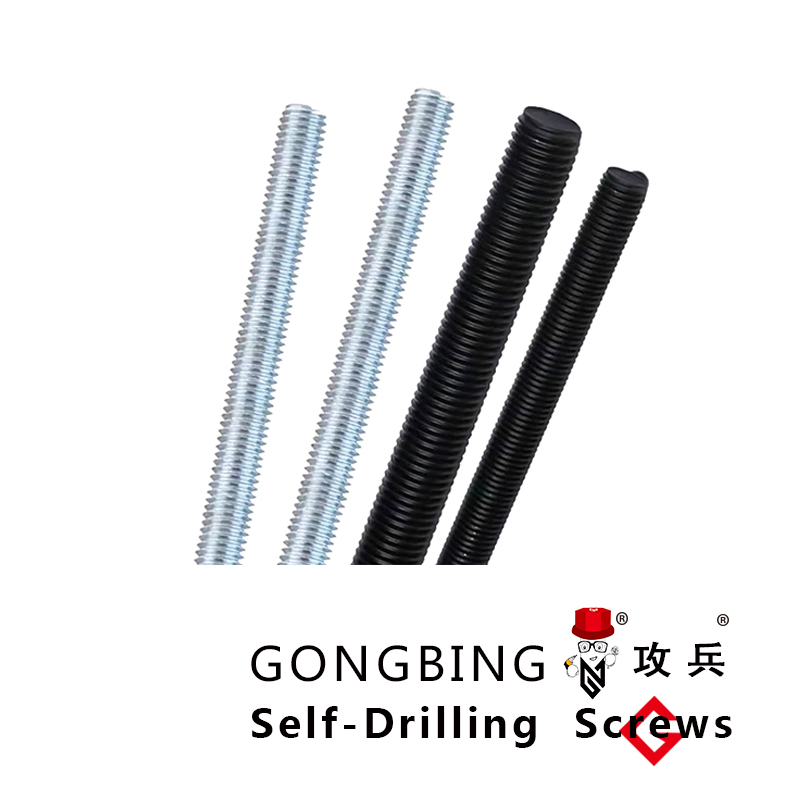Foundation Fasteners - High-Quality Fastening Solutions for Your Construction Needs
Understanding Foundation Fasteners Essential Components for Structural Integrity
Foundation fasteners play a crucial role in the construction and engineering industry, serving as essential components that ensure the stability and durability of structures. These fasteners are designed to anchor various elements to a concrete foundation, providing the necessary strength to withstand various environmental forces and loads. In this article, we will explore the different types of foundation fasteners, their applications, and their significance in construction.
Types of Foundation Fasteners
Foundation fasteners come in several forms, each tailored to meet specific fastening needs. The most common types include
1. Anchor Bolts These are heavy-duty fasteners embedded in concrete to secure structural elements like beams and columns. They can be used in both residential and commercial construction, offering high tensile strength and stability.
2. Lags and Screws Used to fasten wood to concrete, lag screws are often employed in applications where a strong grip is necessary. They are typically used in deck installations and other structural timber connections.
3. Concrete Inserts These are pre-cast components that are embedded in concrete before it sets, providing a reliable method for attaching fixtures and equipment post-construction.
4. Epoxy and Chemical Anchors These fasteners are designed for specialized applications where traditional anchors might not suffice. They involve the use of a chemical adhesive that bonds with the concrete, providing a strong hold, especially in situations where heavy loads or seismic activity is a concern.
foundation fasteners

Applications of Foundation Fasteners
Foundation fasteners are utilized in a variety of construction projects, including residential buildings, commercial complexes, bridges, and other infrastructure. They are critical in ensuring that critical elements like walls, roofing, and HVAC systems are firmly anchored to the foundation, which helps to prevent structural failure.
In addition to anchoring structural components, foundation fasteners are also used in seismic retrofitting. Buildings in earthquake-prone areas require special considerations to withstand seismic forces, and foundation fasteners provide the necessary strength and adaptability to enhance a building's resilience.
The Importance of Quality and Compliance
Selecting the right foundation fasteners is not just about choosing the right type; quality and compliance with building codes are equally important. Fasteners must be made from high-quality materials, such as stainless steel or galvanized steel, to prevent corrosion and ensure longevity, especially in harsh climates or environments.
Moreover, adherence to industry standards and local building codes is critical to ensure the safety and integrity of structures. Engineers and contractors must evaluate the intended loads, environmental factors, and potential for dynamic forces when selecting fasteners.
Conclusion
In summary, foundation fasteners are vital components in the construction industry that contribute to the safety and durability of buildings and other structures. With various types to choose from, it is essential for engineers and construction professionals to understand their applications and to select high-quality fasteners that comply with safety standards. By doing so, we can ensure the longevity and structural integrity of the buildings we inhabit, ultimately contributing to safer communities and infrastructure. As we continue to innovate in construction techniques and materials, foundation fasteners will remain a cornerstone of structural engineering.
-
Weatherproof Plastic Expansion Anchors for OutdoorNewsJun.06,2025
-
Sustainability in the Supply Chain: Eco-Friendly TEK Screws ProductionNewsJun.06,2025
-
Load-Bearing Capacity of External Insulation FixingsNewsJun.06,2025
-
Double Head Bolts: Enhancing Efficiency in Industrial MachineryNewsJun.06,2025
-
Corrosion Resistance in Chipboard Screws: Coatings for Wholesale DurabilityNewsJun.06,2025
-
Butterfly Toggle Bolts : Enhancing Structural ResilienceNewsJun.06,2025
